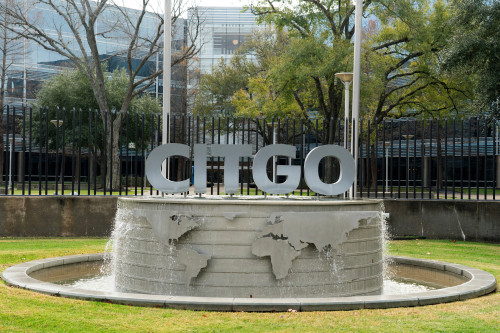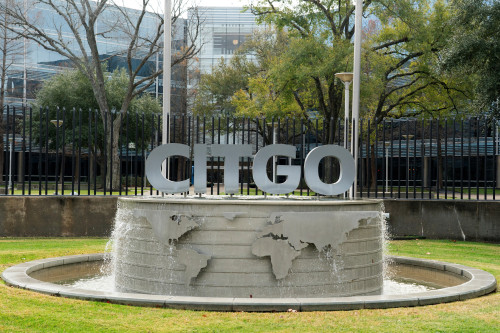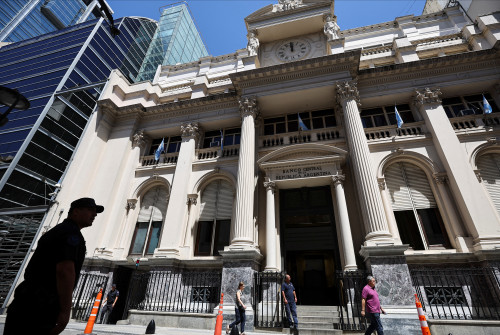By Lisa Baertlein
(Reuters) – West Coast seaport employers on Monday criticized worker absences, which they said were slowing work at some of the nation’s busiest ports, as unions press for a bigger share of record profits reaped when cargo shipments surged during the pandemic.
West Coast ports stretching from California to Washington state are critical to U.S. supply chains and the nation’s economy. Some 22,000 workers at those trade gateways have been without a contract since July and talks – now covering the last outstanding issues – have entered their 13th month.
The Pacific Maritime Association (PMA), representing terminal operators with ties to the shipping companies that enjoyed a hefty financial windfall from COVID-19, said port operations in Los Angeles, Long Beach and Seattle on Sunday suffered disruptions due to labor shortages.
Weekend operations at many U.S. seaports are limited, seaport operators said. Still, several have confirmed that worker absences have slowed or stopped work during the talks. For example, ships have been delayed at berth at the No. 1 U.S. container gateway at Los Angeles/Long Beach, due to a lack of “lashers” who secure and unlock containers onboard vessels.
The unions are not officially striking or slowing during talks, but one LA union local recently said its members “had taken it upon themselves to voice their displeasure” after feeling snubbed by employers.
Labor actions and complaints about their impact are not uncommon in the last stages of negotiations as each side looks for leverage. Meanwhile, weary customers are lobbying U.S. President Joe Biden to intervene in the standoff as the peak shipping season approaches and a drought threatening the Panama Canal makes diverting cargo to rival East Coast ports more difficult and expensive.
The International Longshore and Warehouse Union (ILWU) declined comment on Monday.
On Saturday, the union’s International President Willie Adams said “West Coast ports are open as we continue to work under our expired collective bargaining agreement.” He reiterated the union’s intention of reaching an agreement.
If talks fall apart, mediation fails and port operations cease, Biden can invoke the Taft-Hartley Act to force resumption of normal port operations. The last president to do that was George W. Bush, who invoked that federal law in 2002 after port employers locked out union longshore workers.
Late last year, President Biden stepped in to finalize a contract deal covering union freight railroad workers whose contract expired in 2020. Those workers were also critical during the pandemic. Their deal included a 24% raise over five years, including the time they worked without a contract. West Coast port workers are also seeking such retroactive pay.
(Reporting by Lisa Baertlein in Los Angeles and Kannaki Deka in Bengaluru; Editing by Maju Samuel and David Gregorio)





